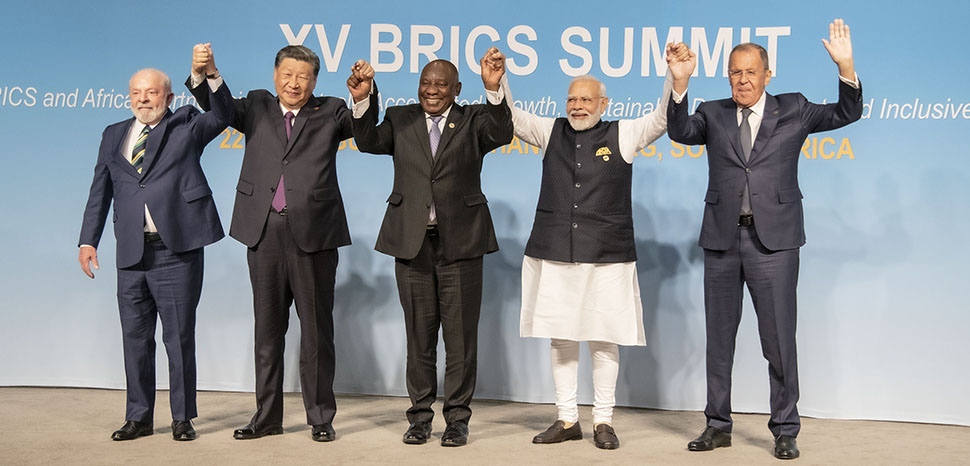In the latest episode of CBS’s “60 Minutes,” Ripple CEO Brad Garlinghouse made a rare appearance to discuss the intersection of crypto and politics. Despite the high-profile platform, many crypto community members found the segment underwhelming, with Garlinghouse’s contributions being infrequent amidst a broader narrative that lacked depth and balance.
Ripple CEO Slams CBS
Throughout the approximately 13-minute feature, the Ripple CEO was asked about the pivotal impact the crypto industry had o the US presidential election, particularly the substantial financial influence of crypto companies. CBS highlighted that Ripple, along with other crypto firms, contributed a combined $144 million to super-pacs supporting both Republicans and Democrats.
Garlinghouse noted the effectiveness of these contributions in shaping electoral outcomes, noting their impact in pivotal races such as the election of Democratic senators in Michigan and Arizona. “Do I think we had an impact to elect a Democratic senator in Michigan, Alyssa Slotkin? Yes, absolutely. Do I think we had an impact in Arizona? A Democratic senator in Arizona, Gallego? Absolutely,” he stated.
On the topic of regulation, Garlinghouse underscored the industry’s push for clear legislative guidelines. He emphasized the importance of establishing “clear rules of the road” to ensure that the United States remains a leader in the crypto space rather than pushing the industry offshore where protections are minimal. “We’ve been asking to be regulated. So we have been saying, hey, look, just give us clear rules of the road,” the Ripple CEO said.
Garlinghouse praised bipartisan efforts, specifically citing the Fit 21 bill as a significant step towards a balanced regulatory framework that reallocates some regulatory responsibilities from the SEC to the Commodity Futures Trading Commission (CFTC). On the XRP lawsuit, CBS aired only a few word by the Ripple CEO: “Their allegation was that Ripple in our sales of XRP represented the sale of an unregistered security. […] I went to Harvard Business School. I think I’m reasonably intelligent about what is a security. So never once had I considered the possibility that, okay, maybe XRP is a security.”
Garlinghouse also touched upon the evolving political landscape, noting President-elect Donald Trump’s U-turn on cryptocurrency. Speaking on Trump’s crypto project, he stated: “ Whether or not it’s a conflict of interest, the voters have knowingly said we want this person to be our president. Yeah, the voters have spoken more so than I have.”
Following the broadcast, Garlinghouse expressed his dissatisfaction via X with the segment, criticizing its lack of comprehensive coverage on key developments. He pointed out that the interview failed to mention a Judge’s Analisa Torres’ ruling that XRP is not a security. ”60 Minutes shockingly left out that a Federal Judge ruled that XRP is not a security…Gensler’s shill (John Reed Stark) knows better despite his comments that 60 Minutes chose to air,” Garlinghouse wrote.
He added: “Lastly, to say crypto has no utility is exactly what the naysayers said about the Internet in its earliest days – that it’s nothing more than illicit activity. […] Today, even JPMorgan is coming around on blockchain… (conveniently 60 Minutes also failed to mention that Ripple is doing billions of dollars of KYC-ed transactions for our institutional customers – leveraging XRP to move money cross-border more efficiently than traditional payment rails.)”
The Crypto Industry Reacts
Perianne Boring, Founder and CEO of The Digital Chamber, also voiced her criticism via X, labeling the segment a “missed opportunity” for a balanced discussion. She argued that the episode misrepresented crypto advocacy as a threat to democracy, ignoring the First Amendment protections of free speech and property rights inherent in permissionless cryptocurrencies.
“CBSNews failed in its role as a protector of First Amendment values by ignoring these fundamental truths. Instead, it framed American businesses’ advocacy for these rights as unethical political lobbying, misrepresenting the real stakes of the crypto debate,” Boring remarked.
She also contended that the segment relied heavily on John Reed Stark, a former SEC official whose credibility in the crypto space is limited, thereby weakening the opposing viewpoint presented. “This sensationalized rhetoric ignored key facts: crypto transactions are logged on a public, immutable public ledger—the blockchain. […] An actual crypto crime expert would have provided a nuanced, fact-based perspective. Instead, 60 Minutes chose to amplify an unqualified voice, undermining its credibility. […] It’s baffling that 60 Minutes failed to challenge such an easily disproven assertion”
Boring further criticized the portrayal of the SEC’s stance, highlighting the agency’s own regulatory failures, such as the oversight collapse of the FTX exchange. She argued that blaming FTX’s downfall on crypto itself overlooks the lack of a clear regulatory framework in the United States, which she believes created the conditions for FTX’s growth and eventual collapse. “Had the US established a clear, consistent regulatory framework, domestic exchanges could have taken the lead, operating under U.S. oversight to protect investors and prevent fraud,” she noted.
At press time, XRP traded at $2.37.






